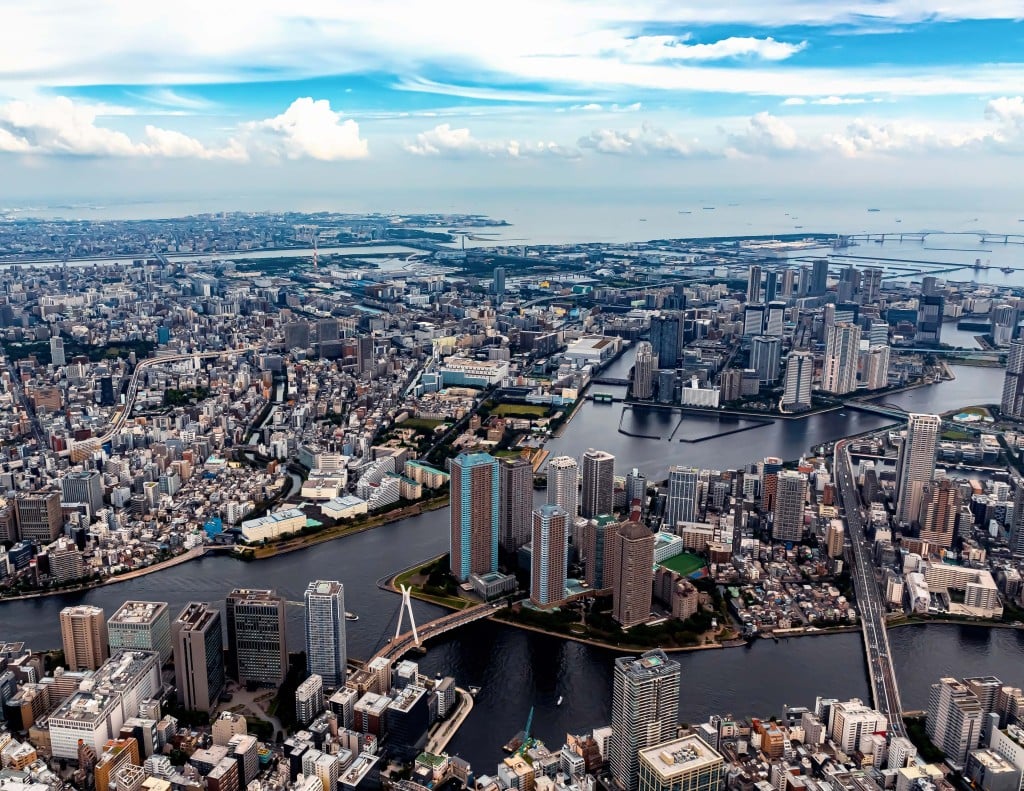Related Articles
Hear Sands Capital’s take on the resurgence of emerging markets in this short video highlighting past struggles, recent progress, and why we are optimistic about this asset class.
Transcript
Emerging markets are reemerging after a long period of disappointing results. Over the five years leading up to 2024, emerging market equities failed to deliver on the growth and diversification that investors expected.
The MSCI Emerging Markets Index underperformed the MSCI World Index, all while producing more volatility. And this has led some investors to question: Why even bother with emerging markets at all? Looking ahead, we think that many of the headwinds facing emerging market equities are likely to abate, enabling the attractive fundamentals of the asset class to shine through.
emerging markets (EM) have outpaced developed markets (DM) over the long run, but the past five years have been a different story
Underwater Drawdown (%) 12/31/98 - 12/31/23
Total Return (%)

On a fundamental level, we believe that businesses are in a better position to transform the economic power of emerging markets into corporate earnings growth through new business models and through the power of digitalization.
And at the same time,
many of the headwinds facing emerging markets over the past five years, from
China’s economic woes to the collapse and sanctioning of Russian stocks, local
election uncertainty, and foreign currency pressures are less likely to be as
significant as headwinds and perhaps even [may become] tailwinds over the
coming five years. And we’ve already begun to see signs of improvement, with
emerging markets outperforming their developed market counterparts in the
second and third quarters of this year.
We’re optimistic that
emerging markets are, in fact, reemerging.
For more information on our Emerging Markets Growth strategy, visit our page below.
Disclosures:
The investment results are those of the Emerging Markets Growth Composite. Inception date is 12/31/2012. The investment results shown are net of advisory fees and expenses and reflect the reinvestment of dividends and any other earnings.
The Emerging Markets Growth Composite’s net returns as of 9/30/2024 were QTD 9.8%, YTD 15.6%, 1- year 22.8%, 3-years -9.1%, 5-years 5.9%, 10-years 5.5% and since inception 6.3% relative to the benchmark, MSCI Emerging Markets Index, which as of 9/30/2024 returned QTD 8.7%, YTD 16.9%, 1- year 26.1%, 3-years 0.4%, 5-years 5.7%,10-years 4.0% and since inception 3.4%, respectively. Past performance is not indicative of future results.
Net of fee performance was calculated by reducing Emerging Markets Growth Composite’s monthly gross return by 1/12 of the highest applicable annual fee of 1.25% for the period from January 1, 2013 to March 31, 2019. Beginning on April 1, 2019, the highest applicable annual fee was lowered, and net of fee returns were calculated by reducing the composite’s monthly gross return by 1/12 of the highest applicable annual fee of 0.85%. A full list of public portfolio holdings, including their purchase dates, is available here.
The views expressed are the opinion of Sands Capital and are not intended as a forecast, a guarantee of future results, investment recommendations, or an offer to buy or sell any securities. The views expressed were current as of the date indicated and are subject to change. All investments are subject to market risk, including the possible loss of principal. International investments can be riskier than US investments due to the adverse effects of currency exchange rates, differences in market structure and liquidity, as well as specific country, regional and economic developments. Investments in emerging markets are subject to abrupt and severe price declines. The economic and political structures of developing nations, in most cases, do not compare favorably with the US or other developed countries in terms of wealth and stability, and their financial markets often lack liquidity. Because of this concentration in rapidly developing economies in a limited geographic area, the strategy involves a high degree of risk. In addition, the strategy is concentrated in a limited number of holdings. As a result, poor performance by a single large holding of the strategy would adversely affect its performance more than if the strategy were invested in a larger number of companies. The strategy’s growth investing style may become out of favor, which may result in periods of underperformance. Differences in account size, timing of transactions and market conditions prevailing at the time of investment may lead to different results, and clients may lose money. A company’s fundamentals or earnings growth is no guarantee that its share price will increase. Characteristics, sector (and regional, country, and industry where applicable) exposure and holdings information are subject to change and should not be considered as recommendations.
The MSCI Emerging Markets Index captures large and mid cap representation across 24 Emerging Markets (EM) countries. With 1,379 constituents, the index covers approximately 85% of the free float-adjusted market capitalization in each country. EM countries include: Brazil, Chile, China, Colombia, Czech Republic, Egypt, Greece, Hungary, India, Indonesia, Korea, Kuwait, Malaysia, Mexico, Peru, Philippines, Poland, Qatar, Saudi Arabia, South Africa, Taiwan, Thailand, Turkey and United Arab Emirates. The MSCI Emerging Markets Index was launched on Jan 01, 2001. Data prior to the launch date is back-tested test (i.e. calculations of how the index might have performed over that time period had the index existed). There are frequently material differences between back-tested performance and actual results. Past performance — whether actual or back-tested — is no indication or guarantee of future performance.
The MSCI All Country World Index ex USA is a free float-adjusted market capitalization weighted index that is designed to measure the equity market performance of developed (excluding the US) and emerging markets.
“Active managers” defined as constituents of the eVestment All Emerging Markets Equity universe, which consists of emerging markets equity products inclusive of all style, capitalization, and strategy approaches. Source: eVestment, data as of 9/30/24 and accessed on 10/15/24. The MSCI Emerging Markets Index captures large- and mid-cap representation across 24 emerging market (EM) countries. EM countries include: Brazil, Chile, China, Colombia, Czech Republic, Egypt, Greece, Hungary, India, Indonesia, Korea, Kuwait, Malaysia, Mexico, Peru, Philippines, Poland, Qatar, Saudi Arabia, South Africa, Taiwan, Thailand, Turkey and United Arab Emirates.
The specific securities identified and described do not represent all of the securities purchased, sold, or recommended for advisory clients. There is no assurance that any securities discussed will remain in the portfolio or that securities sold have not been repurchased. You should not assume that any investment is or will be profitable.
There is no guarantee that Sands Capital will meet its stated goals.
Forward earnings projections are not predictors of stock price or investment performance, and do not represent past performance. There is no guarantee that the forward earnings projections will accurately predict the actual earnings experience of any of the companies involved, and no guarantee that owning securities of companies with relatively high price to earnings ratios will cause the portfolio to outperform its benchmark or index. Any holdings outside of the portfolio that were mentioned are for illustrative purposes only.
GIPS Reports found here.













